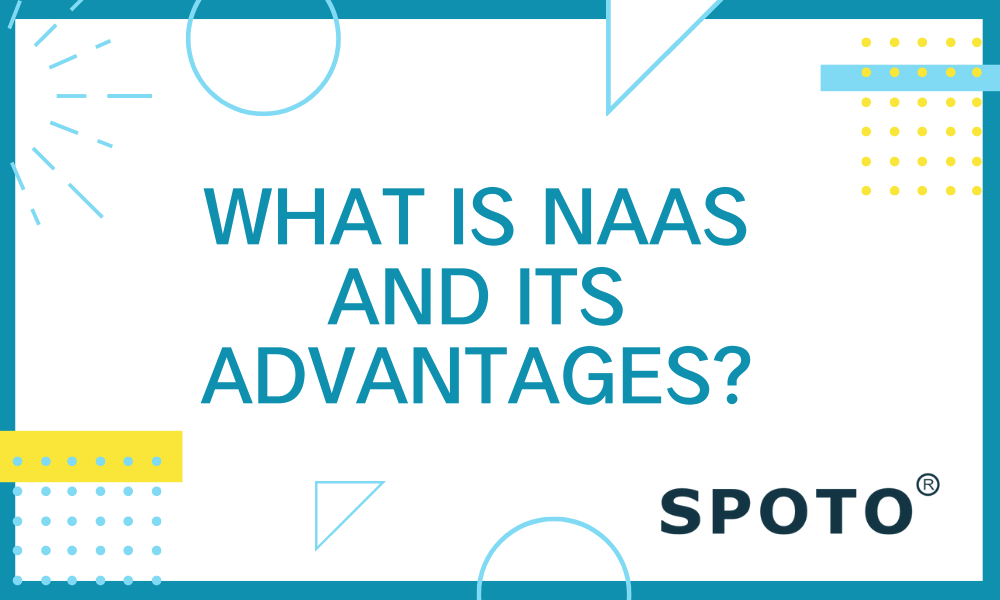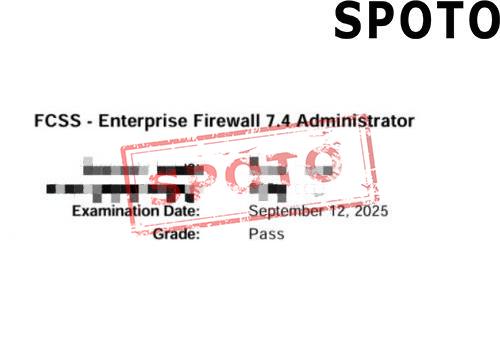
Table of Contents
In today's rapidly evolving technology landscape, NaaS (Network as a Service) is becoming increasingly popular among businesses looking to streamline their networking solutions. This model provides a flexible and scalable alternative to traditional network management by offering network resources and services on a subscription basis, often via the cloud.
But what exactly is NaaS, and how can it benefit organizations? In this guide, we’ll explore the key benefits of NaaS and how it compares to traditional networking models.
What Is NaaS (Network as a Service)?
NaaS (Network as a Service) refers to a cloud-based service model that allows businesses to rent network infrastructure instead of maintaining their own physical equipment. This model is provided by NaaS providers who manage, monitor, and maintain the network infrastructure, reducing the operational burden for businesses.
NaaS includes:
-
Virtual network functions (VNFs)
-
SD-WAN (Software-Defined Wide Area Networking)
-
Network security services like firewalls, load balancing, etc.
In simple terms, NaaS makes network infrastructure flexible and on-demand, allowing businesses to scale their networks without investing heavily in physical hardware.
Key Benefits of NaaS
1. Cost Efficiency
NaaS eliminates the need for expensive hardware purchases and the maintenance costs associated with managing physical network equipment. With NaaS, businesses pay only for the network resources they need, resulting in lower capital expenses and operational costs.
2. Scalability and Flexibility
One of the greatest advantages of NaaS is its scalability. Whether you're expanding your business or optimizing existing infrastructure, NaaS solutions can easily scale up or down based on demand, ensuring your network grows with you.
3. Improved Agility
NaaS providers offer flexible service models that allow businesses to quickly adopt new network technologies without waiting for hardware updates. This enhances business agility, ensuring that organizations can respond swiftly to changes in market conditions.
4. Enhanced Security
NaaS ensures that network security is robust and up-to-date. With advanced security measures such as firewalls, VPNs, and encryption, NaaS providers ensure that businesses' data remains protected, helping to mitigate potential threats.
5. Simplified Network Management
By outsourcing network management to NaaS providers, businesses can focus on their core operations rather than managing the complexities of network infrastructure. NaaS providers take care of maintenance, monitoring, and troubleshooting, freeing up internal resources.
NaaS vs. Traditional Networking
| Aspect | NaaS | Traditional Networking |
|---|---|---|
| Cost | Subscription-based, pay-as-you-go | High upfront cost for hardware |
| Scalability | Easily | Requires additional hardware for expansion |
| Management | Outsourced to | In-house management of infrastructure |
| Flexibility | High flexibility, agile | Limited flexibility with fixed infrastructure |
| Security | Built-in | Requires additional |
Top NaaS Providers
When selecting a NaaS provider, it's essential to choose a reputable company with the right services to meet your needs. Some of the leading NaaS providers include:
-
Cisco NaaS: Offers a comprehensive suite of network services, including SD-WAN and network security.
-
Cloudflare NaaS: Known for its high-performance content delivery and advanced network security features.
-
Amazon Web Services (AWS): Offers a range of flexible network services through its AWS Networking solutions.
How to Choose the Right NaaS Provider?
When choosing a NaaS provider, consider the following factors:
-
Scalability: Ensure the provider offers the ability to scale your network as needed.
-
Security: Look for providers with robust network security features.
-
Cost-effectiveness: Choose a provider that offers a cost-effective pricing model based on your usage.
-
Support: Ensure the provider offers excellent customer support for troubleshooting and management.
NaaS Examples in Action
Here are some real-world examples of how NaaS is being utilized by businesses:
-
Remote Office Connectivity: Companies use NaaS to provide secure, high-speed connections for remote offices without investing in traditional WAN infrastructure.
-
Cloud Migration: Businesses migrating to the cloud leverage NaaS to ensure secure and reliable networking without the need for on-premises infrastructure.










